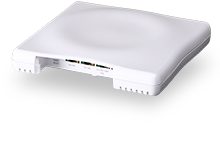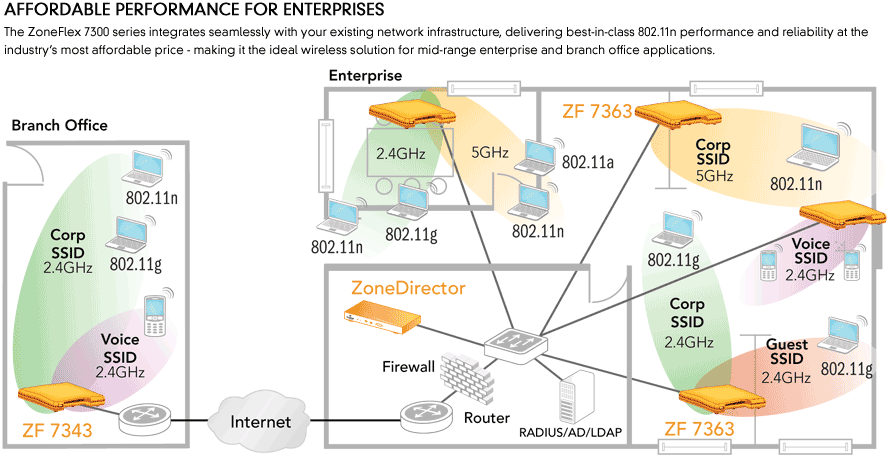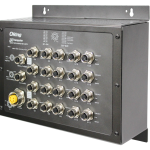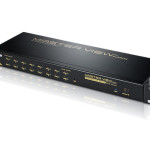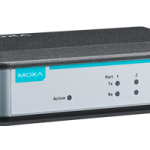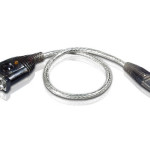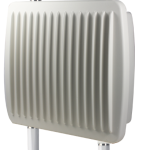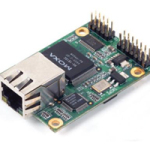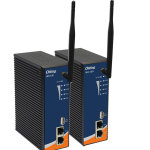High Performance, 802.11n Mid-Range Smart Wi-Fi Access Points with Adaptive Antenna Technology
Now cost-minded enterprises have a sleek and low-profile purpose-built AP for delivering high-performance and reliable 802.11n wireless networking at one of the industry’s most affordable price point.
The ZoneFlex 7363 is a dual band product. Maximum 802.11n capacity, makes the ZoneFlex 7363 one of the industry’s lowest cost, highest performing line of 802.11n mid-range access points available. The aesthetically-pleasing design is ideal for a variety of enterprise and hotspot environments including hotels, schools, retail outlets, branch offices and public venues.
The Ruckus ZoneFlex 7363 delivers high-performance and reliable 802.11n wireless networking at one of the industry’s most affordable price point.
A sleek and low-profile design, the ZoneFlex 7363 was purpose-built for cost-minded enterprises requiring reliable high speed client connectivity. It is ideal for a variety of enterprise and hotspot environments including hotels, schools, retail outlets, branch offices and public venues.
The dual band ZoneFlex 7363 can be deployed as a standalone access point or as part of the centrally-controlled Smart Wireless LAN with the Ruckus ZoneDirector. The ZoneFlex 7363 can also be easily deployed using Smart Mesh Networking to extend Wi-Fi services in locations where Ethernet cabling is not available or cost prohibitive.
Dynamic
Each ZoneFlex 7363 integrates Ruckus-patented BeamFlex, a software-controlled, high gain antenna array that continually forms and directs each 802.11n packet over the best performing signal path. And because the ZoneFlex 7363 automatically adapts to environmental changes, once deployed, enterprises never have to worry about constant site surveys as the environment changes.
Unlike any other 802.11n wireless solution in its class, the ZoneFlex 7363 combines patented Adaptive Antenna Technology and automatic interference mitigation to deliver a 2- to 4-fold increase in signal range with lower packet error rates while reducing the number of APs required to deliver dependable Wi-Fi service.
Smart
When used with the Ruckus ZoneDirector Smart WLAN controller, each ZoneFlex 7363 supports a wide range of value-added applications such as guest networking, Smart Wireless Meshing, Dynamic PSK, hotspot authentication, wireless intrusion detection and many more. With Smart/OS, up to 32 discrete WLANs can be created and mapped to the same or different APs or VLANs. WLANs can also be grouped and shared by specific APs. In a centrally managed configuration, the ZoneFlex 7363 works with a wide range of authentication servers including Microsoft’s Active Directory, LDAP, and RADIUS.
Flexible
ZoneFlex 7363 APs can be deployed in as a standalone AP or as part of a centrally managed wireless LAN using ZoneDirector Smart WLAN controllers. ZoneFlex 7363’s can be deployed across any L2/L3 network and/or meshed without Ethernet cabling. When used with the ZoneDirector, each ZoneFlex 7363 is automatically configured through the network making deployment quick and easy.
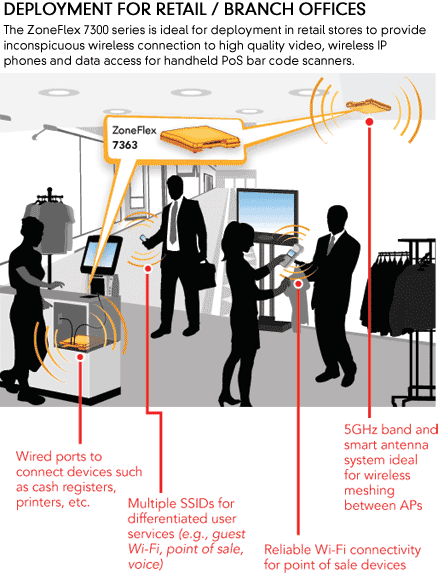
Each ZoneFlex 7363 can be managed as a standalone AP through a Web-based GUI, using SNMP or through the Ruckus FlexMaster Wi-Fi remote management system. Local management can also be performed using the ZoneDirector Smart WLAN controller. FlexMaster is a LINUX based software platform that uses industry-standard protocols to perform bulk configuration, fault detection, monitoring and a wide range of troubleshooting capabilities over a wire area connection. The ZoneDirector enables local management and control of APs, adding value-added services such as transmit power and channel management, guest networking and meshing.
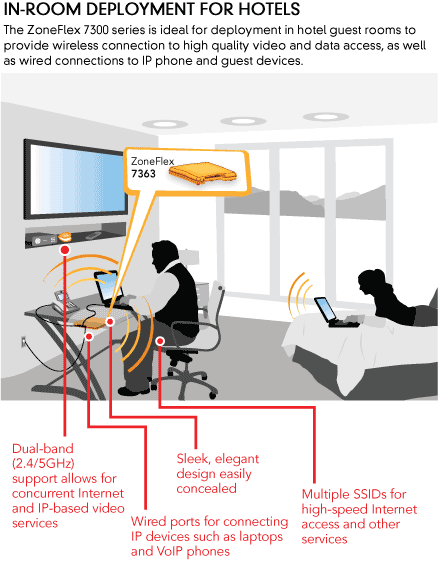
- Concurrent dual-band (5GHz/2.4GHz) support
- 600 Mbps of theoretical maximum speed
- Adaptive antenna technology
- Advanced RF management
Adaptive antenna technology and Automatic interference mitigation
- Up to 4 times extended range and coverage
- Automatic interference mitigation, optimized for high-density environments
- Integrated smart antenna array with over 300 unique patterns for high reliability
- Physical antenna gain of 6 dBi
- Up to an additional 4 dB BeamFlex gain and 10 dB interference mitigation
Concurrent support for video, VoIP and data
- Four queues per client station
- Delivers 20 concurrent voice calls, 100 simultaneous data users per radio
- Automatic prioritization of VoIP and video traffic
Smart meshing increases flexibility, reduces costs
- Smart Mesh Networking
- Admission control/load balancing
Differentiated services with multiple SSIDs
- 8 BSSIDs per radio with unique QoS and security policies
- WEP, WPA-PSK (AES), 802.1X support
- Zero-IT and Dynamic PSK
- Captive portal and guest accounts
- RADIUS and Active Directory support
Diagram :
Specification :
| Power |
|
| Physical Size |
|
| Weight |
|
| RF |
|
| Ethernet Ports |
|
| Environmental conditions |
|
| Power Draw |
|
| Performance and Supported Configurations | |
|---|---|
| Concurrent stations |
|
| Vo-Fi clients |
|
| Traffic Management and Quality of Service | |
|---|---|
| Classes of service |
|
| Software queues |
|
| 802.11e |
|
| Automatic traffic classification |
|
| Advanced QoS |
|
| VLAN support |
|
| Heuristic classification |
|
| Deployment | |
|---|---|
| Options |
|
| Management | |
|---|---|
| Configuration |
|
| Statistics |
|
| Auto AP Software updates |
|
| Wi-Fi | |
|---|---|
| Standards |
|
| Supported data rates (mbps) |
|
| Radio chains |
|
| Spatial streams |
|
| Channelization |
|
| Frequency Band |
|
| RF Power Output |
|
| Operating Channels |
|
| BSSID |
|
| Power Save |
|
| Wireless Security |
|
| Certifications(3) |
|
|
|

